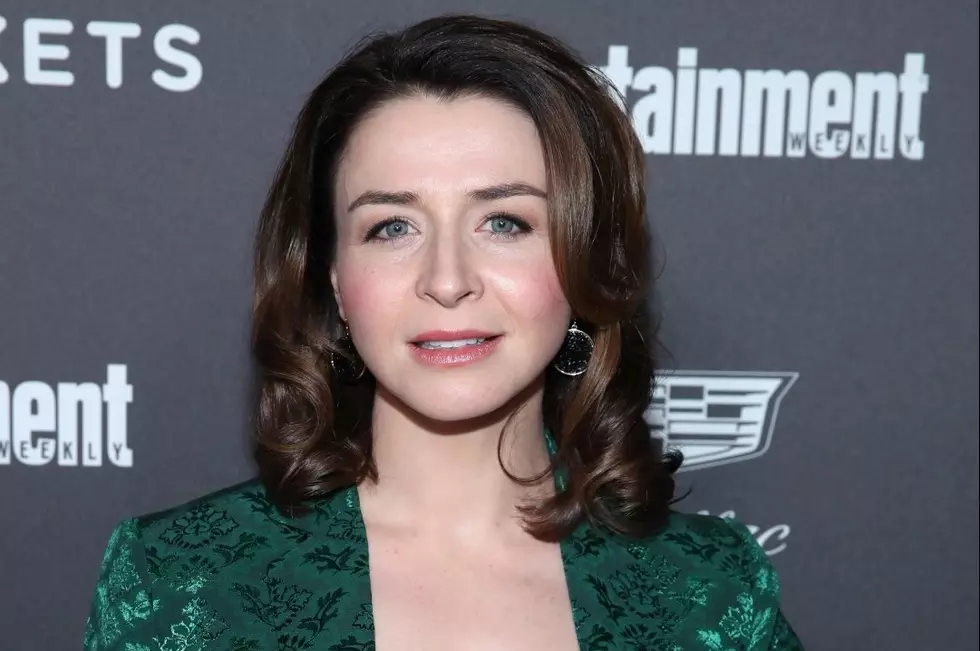
How ‘Grey’s Anatomy’ Abruptly Killed Off an Important Character and Enraged Its Fanbase
Thursday night, Grey’s Anatomy fans were heartbroken and shocked to discover that one of their favorite, most enduring characters would be killed off in the newest episode — hours before it even aired. Thanks to a mistake made by Entertainment Weekly, the death of Patrick Dempsey’s Dr. Derek Shepherd (aka “McDreamy”) was made well-known before audiences had the chance to watch the episode. That should have taken some of the sting out by allowing them to prepare for the tragic, abrupt death of Shepherd, but instead it only served to exacerbate outrage.
There are, as we all know, five stages of grief, and Thursday night, Grey’s Anatomy fans moved through them at the sort of speed with which people move through these things on the internet, a place where time is warped by the latest outrage. To be fair, EW royally screwed up by revealing the death of Shepherd (and the exit of the beloved Dempsey) 12 hours too early — but was it any better that they were planning to spoil the death before some people could press play on the DVR at their leisure?
Regardless of the unfortunately early reveal, fans were completely pissed. How could show creator Shonda Rhimes not only kill off one of the most important and loved characters, but do so in a manner so abrupt and unrewarding, giving them little time to prepare or process. When a main character dies on a series, there are typically warning signs — an extended, emotional arc exploring familial connections and personal demons, or at the very least, an entire episode or two dedicated to the killing act and its effects on the other characters, whose grief acts as a stand-in for our own.
There was no terminal illness. No incident which resulted in a tragedy that would allow the death to play out slowly, but expectedly. No extended death scene in which Shepherd could say his goodbyes and begin the healing process before his passing. There was absolutely nothing meaningful about it — he was hit by a truck and died almost immediately after. This sort of abrupt accident is more true to life, but in the realm of dramatic narrative television, we can suspend belief and allow for each character to have a significant farewell, rewarding us as fans for our love and loyalty.
It has been recently rumored that Patrick Dempsey was having issues with series creator and showrunner Shonda Rhimes, who has a history of highly-publicized conflicts with cast members, like Isaiah Washington, T.R. Knight and Katherine Heigl — all of whom exited the show following such reports.
But each character that Rhimes has killed or dumped from the show has been given a proper sendoff. Heigl’s Izzie and Washington’s Preston both left Seattle — Izzie was fired, and Preston started his own practice in Zurich; Chyler Leigh’s Lexie Grey died in a plane crash, but not before being given the chance to profess her love to Mark Sloane; Knight’s George O’Malley died a heroic death, jumping in front of a bus to save someone’s life;
But Dempsey’s Shepherd was given a seemingly inconsiderate and unthoughtful farewell, unceremoniously hit by a truck and never given the opportunity to say goodbye to those who cared about him most — the fans. A character goodbye isn’t just to allow a character to some form of closure with the other characters, but to properly and graciously say goodbye to the fans who have stuck it out over the course of several seasons, rooting and crying for these characters.
Shepherd’s death was Rhimes’ prerogative for whatever reason, and while it came as an infuriating shock to fans, that’s just the sort of reaction we should have to the death of someone we care about. It may seem unfair, but so is untimely death. We do not and cannot claim ownership over these characters and their narratives no matter how much we love and obsess over them each week. The lines between fiction and reality are tenuous the longer a series wears on, or the longer a fan feels as though they’ve gotten to know the real person behind the fiction through their catalogue of work. To lose such an enduring fictional character can feel like a betrayal and spark genuine grief. But no amount of outrage will bring them back — they were never yours to kill or save in the first place, and their lives belong to the person who created them.
You may not always agree with Rhimes’ (or any other showrunner’s) decision, but it is her choice to make and hers alone. Perhaps a moment of pause is necessary, to reflect on the strange delight of caring so much for a character that you have the ability to be shocked and outraged by their passing — it’s an indicator of great storytelling and the power of fiction to provoke an emotional reaction.
More From 92.9 NiN










